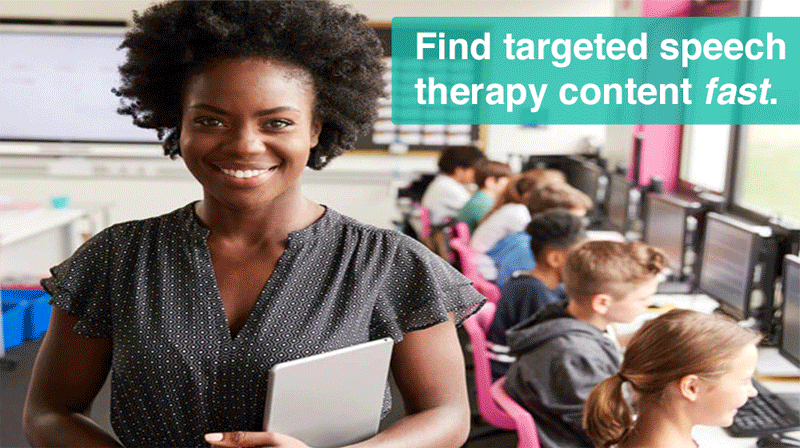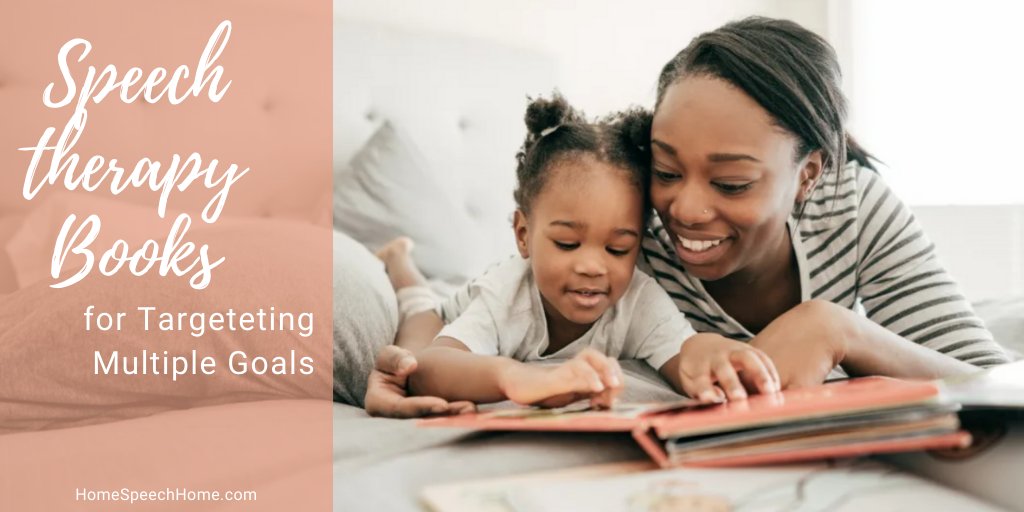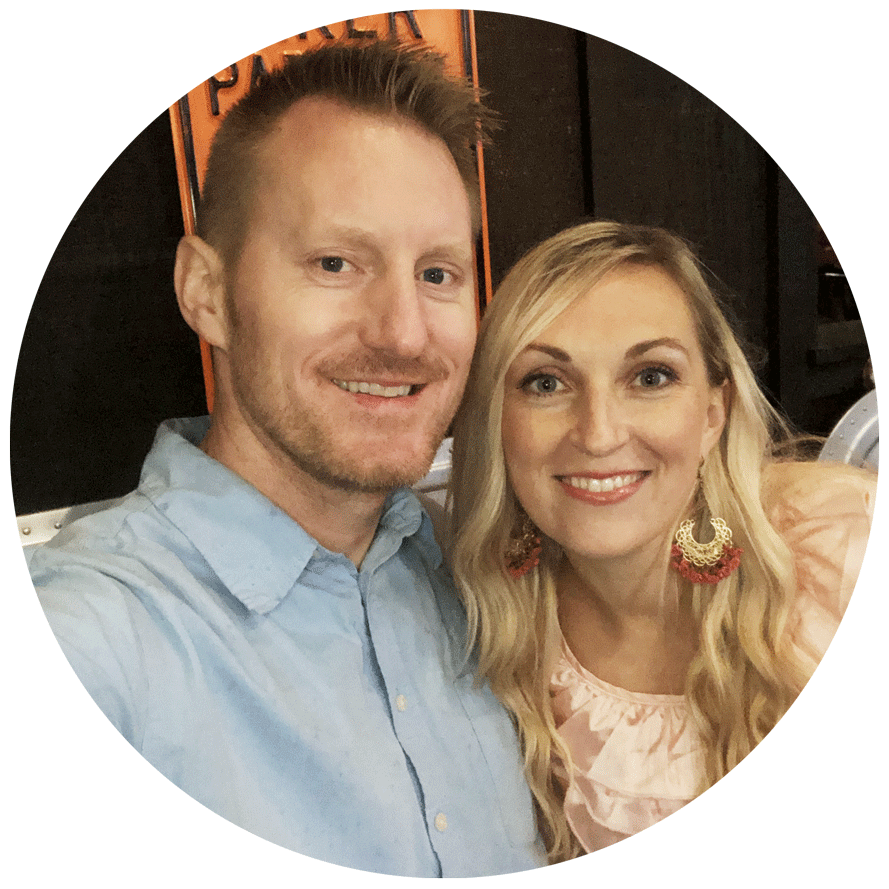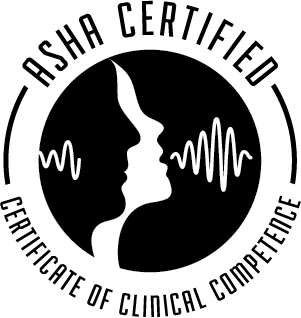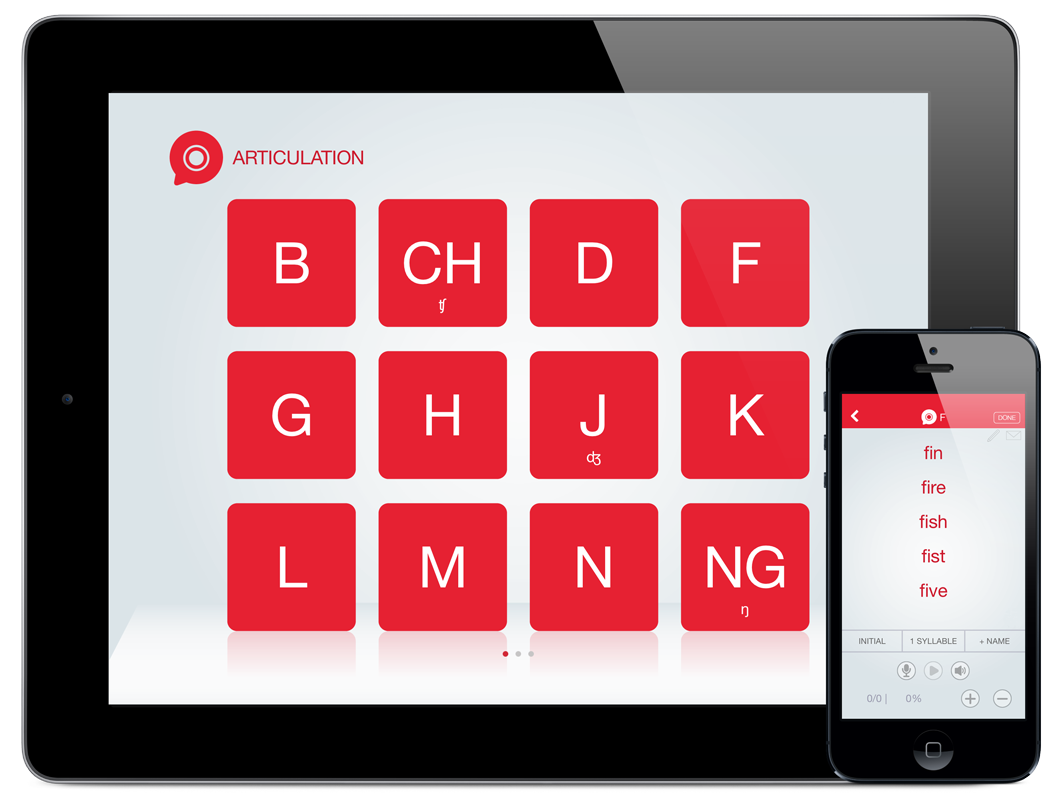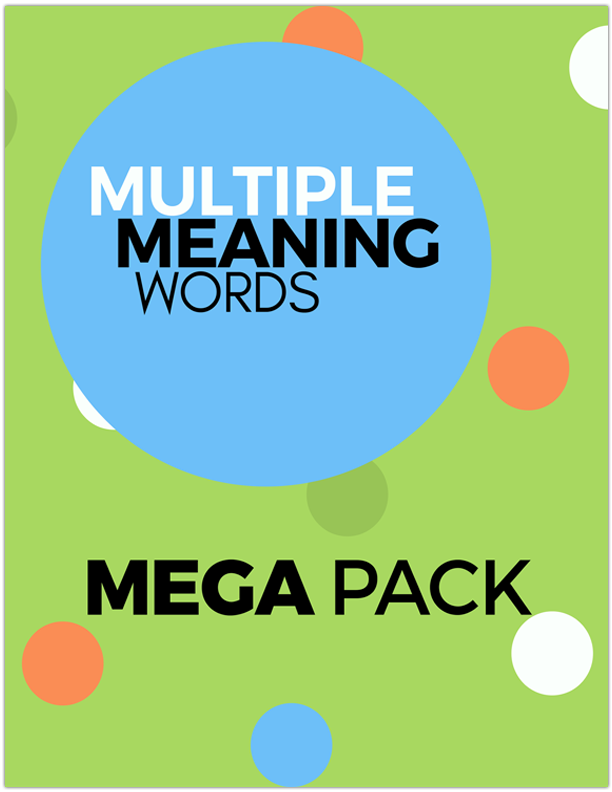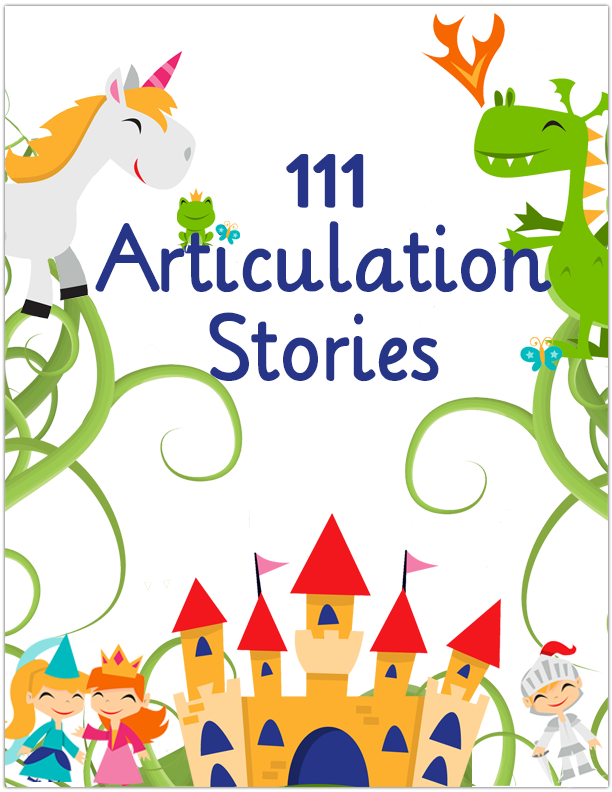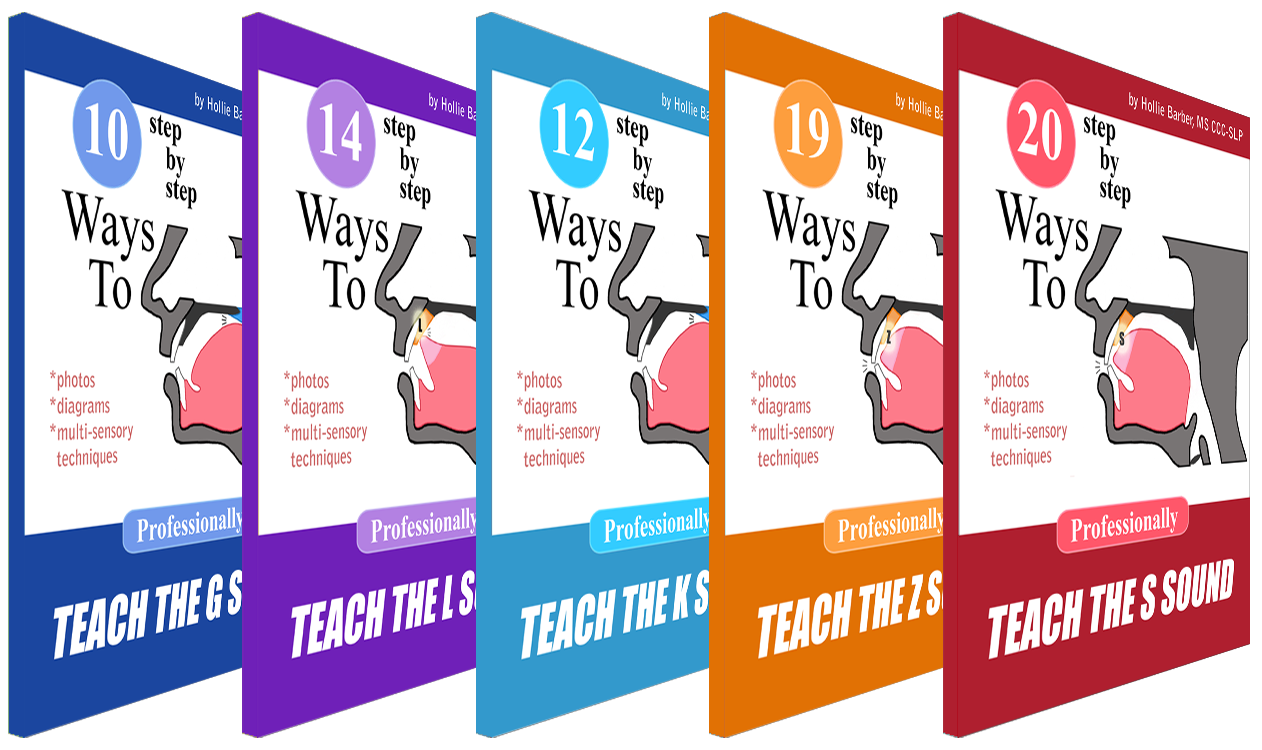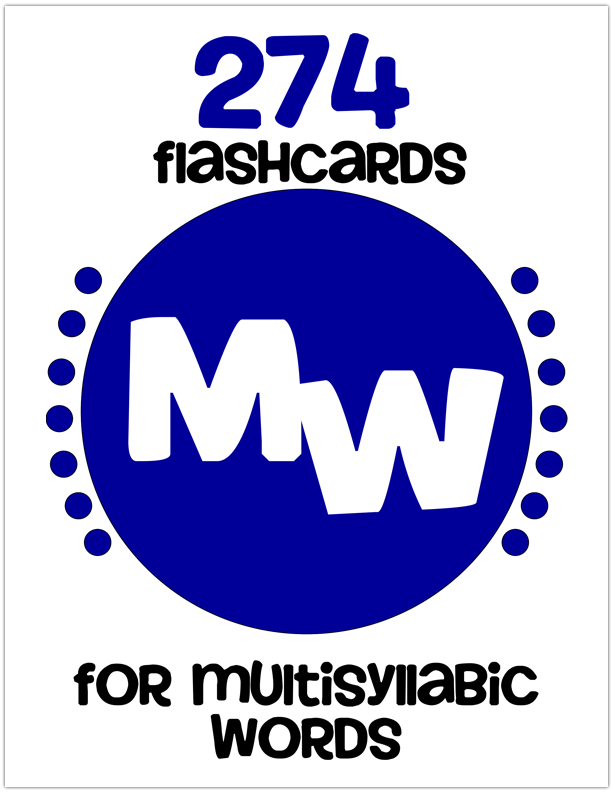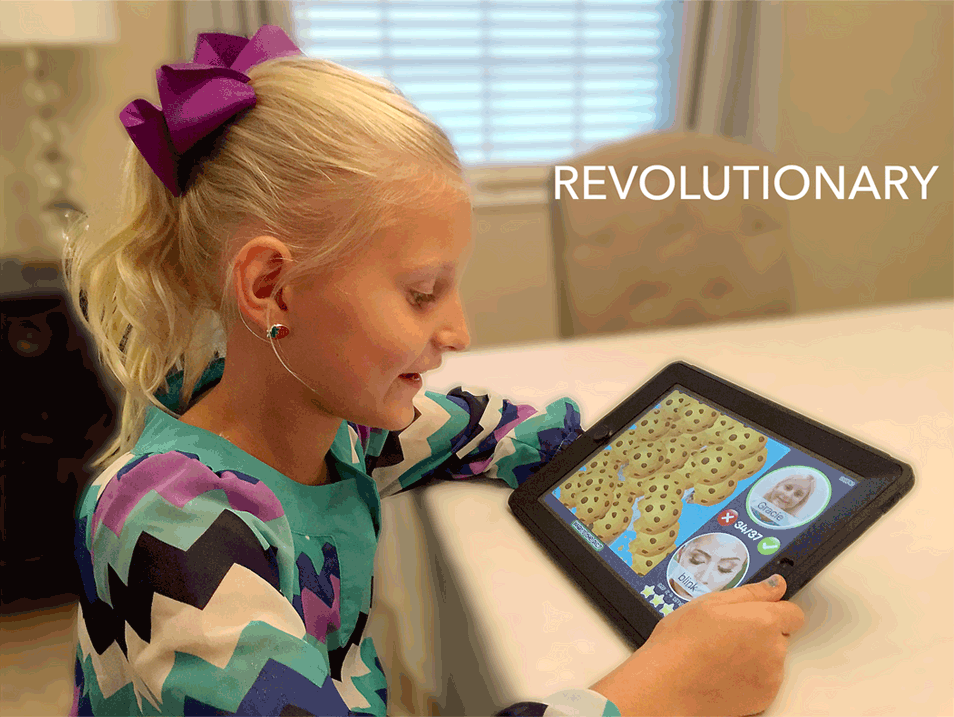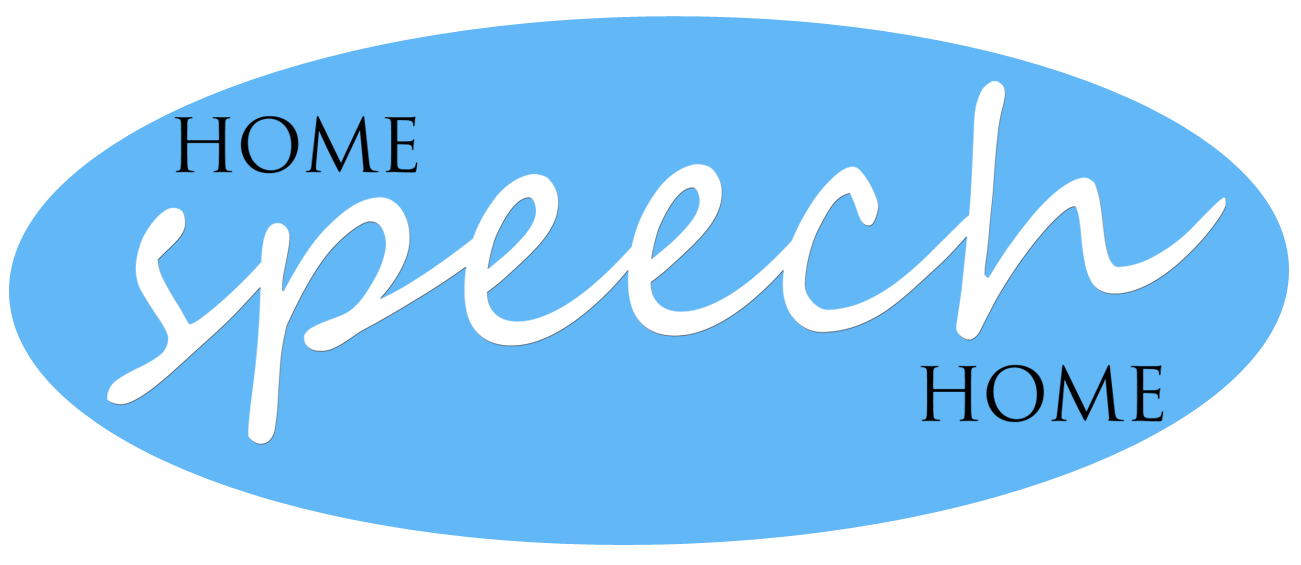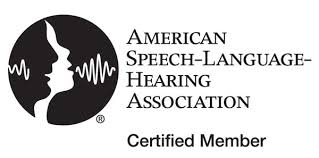Language Disorders cont.
What Does It Affect?
Since communication is language and it is in everything we do, I would say almost everything is affected.
Of course language difficulty doesn’t affect your physical development or ability to eat, etc., but since we communicate everywhere, all aspects of a child’s life are affected.
The biggest impact is in school.
Explore Our Goal Reaching, Client Centered Products
Children with these disorders have a very hard time in school.
It is a fast-paced environment with very little one-on-one instruction in a noisy, distracting atmosphere.
Following multi-step directions, reading, writing, and answering questions are the primary means of teaching and performing in class.
Considering that a child with language difficulty has trouble in all these areas,it is no wonder that the classroom can be a very confusing place for these children.
Communication skills are at the heart of the education experience.
A Receptive Language Disorder (not understanding language) makes comprehending and following along in class difficult.
Then add an Expressive Language Disorder (difficulty expressing language) and you have a child who is unable to share what they know or think or feel.
They may not have appropriate language structure to make words into sentences and sentences into paragraphs.
They may say the wrong word when they try to answer a question in class and get laughed at for the answer and they don’t even know why.
Or even worse, get punished because the teacher thought that they were answering wrong on purpose to get attention.
They may not give enough information or be able to choose the information that they need to give because they can’t sort out what is or isn’t important.
Combine these problems with difficulty in reading and writing and it makes meeting the classroom expectations almost impossible.
Social Skills (Pragmatics) are most definitely affected.
Many of these children don’t know the unspoken rules of conversation and social interaction which most of us just do naturally.
This causes inappropriate behavior with others that makes it difficult to make and keep friends. Teasing and bullying can be a big problem.
And most seriously, academic failure combined with social failure causes low self-esteem and fear of more failure.
So as you can see...
...language disorders affect E-V-E-R-Y-T-H-I-N-G.
What Does an SLP Do to Help?
Speech-Language Pathologists can help teachers and parents understand the nature of language and learning disorders and assist with identifying problems early.
SLPS can offer and help brainstorm ways to adapt the classroom for the child to succeed.
These strategies can include...
- seating arrangementsto
- teaching methods
- reading and writing instruction
- assistive technology for limiting distraction
- developing social skills with other students
SLPs can also develop materials to help compensate or overcome some of the specific difficulties. Either way, each intervention should be tailored to fit each child’s specific needs.
Individual and group language therapy is used to target each child’s specific problems to help them succeed in the classroom.
SLPs treat people who have difficulty with
- organization
- memory
- reading
- writing
- spelling
- listening
- speaking
- attending
- and even social skills
Increasing success in class and teaching children how to get along with others (and teachers) is the best way to avoid damaging self-esteem and other problems that come with it.
Team teaching, teacher consultations, demonstration lessons, and teacher inservice trainings are all methods for an SLP to work with teachers to help children with language disorders.
What Can I Do About It?
Well first of all, you don’t have to rely on your friends’ experience with their children or your doctor’s advice telling you not to be worried about your child when you still are.
You can get a quick idea of where your child’s communication skills are by taking our free Speech and Language Screener.
It will help you know the difference between your child’s current skills and what is expected at his age.
You can also find a Speech-Language Pathologist in your area to get a full speech-language evaluation.
If your child is school-aged, then talk to the child’s teacher and school SLP to get the testing process started.
If your child is not in school yet, a government program should provide free testing in your area and therapy if it is necessary.
If you live near a University that has a communication science/disorders program, they should have a treatment clinic.
This can be a great resource for testing and therapy.
SEE ALSO: The Best Free App for Speech Therapy
They charge less for therapy than a private therapist would and they usually have access to the newest research and technology that will most help your child.
You can begin modeling correct language at home and start doing language stimulation techniques.
Talk to an SLP about what you can do at home to help your child with his specific needs.
If your child is not talking yet, or being a late bloomer, check out our instructional video series “Let’s Talk” (coming soon) to help you stimulate language at home.
Here at Home Speech Home, we offer many other tools to help you provide or enhance your own language therapy at home.
They are as specific as:
- help with just prepositions
- how to improve reading and comprehension the fun way
- Keys to Categorization Skills.
Our #1 recommendation is “Give your child MORE TIME to understand and respond.”
And for even more specific help, here are some Helpful Tips for Talking with Children with Language Disorders.
We have provided these because we know that talking with children with language disorders and helping them understand can be frustrating at times.
Bottom line, it is important to find out your child’s deficits and treat them as soon as possible because the gap will widen over time causing your child to fall even more behind.
SEE ALSO: The Best Books for Speech Therapy Practice
Freebies, Activities, and Specials, Oh My!
Sign up for Terrific Therapy Activity Emails
Your information is 100% private & never shared.
Homepage > Language Disorders

